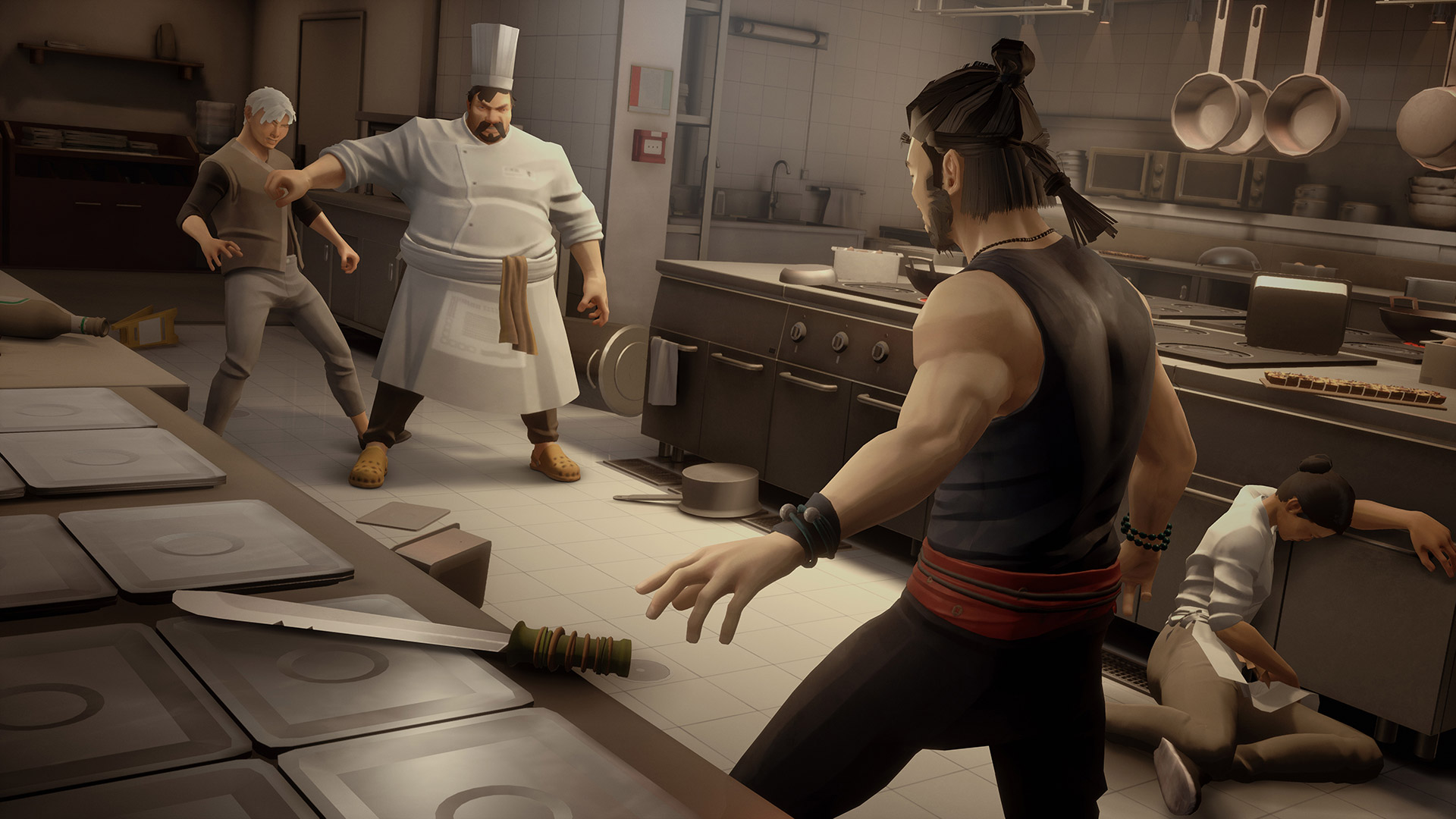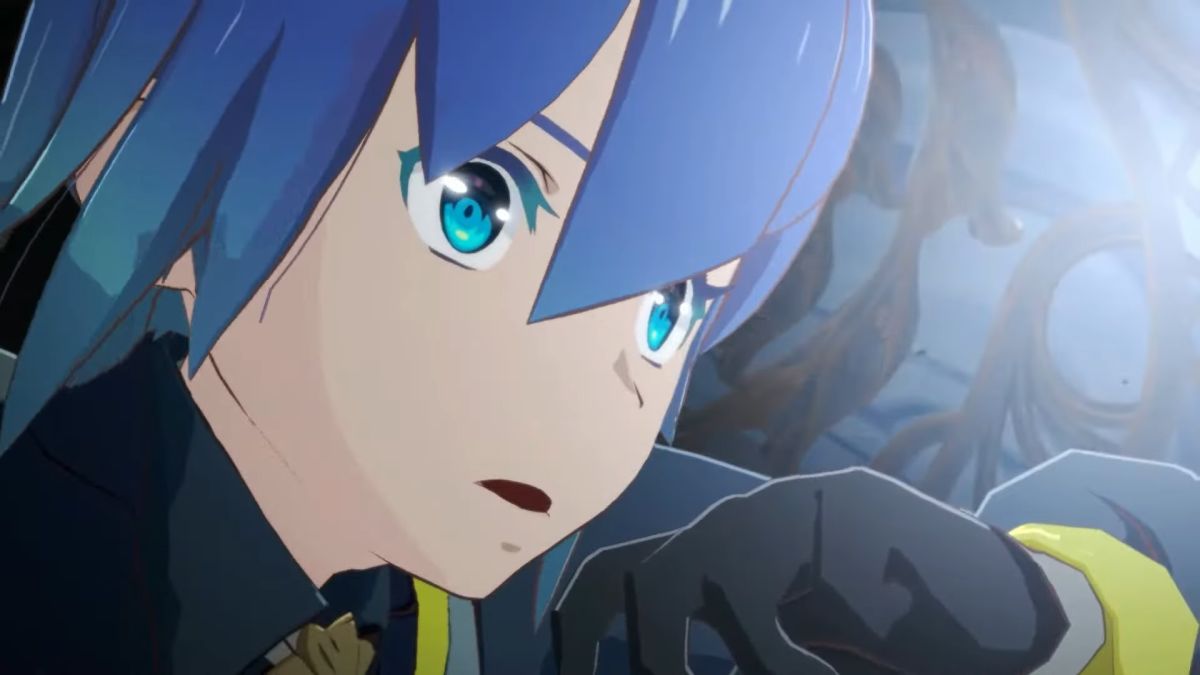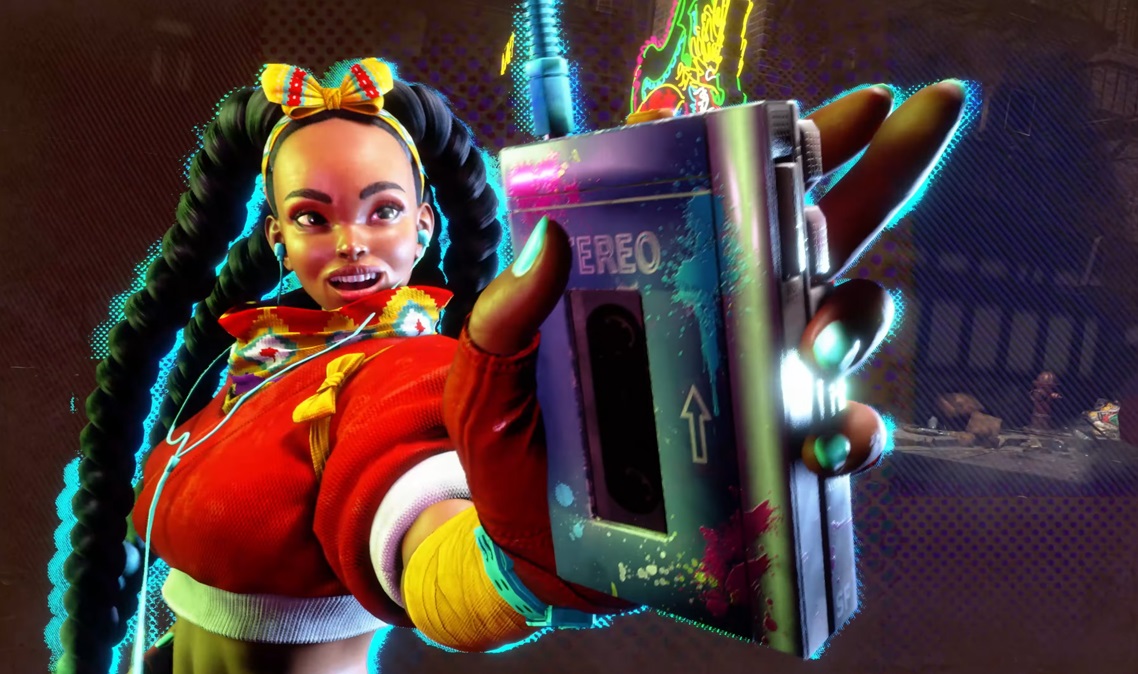#Interactive fiction: the fascinating house between literature and video games

Table of Contents
Interactive fiction: the fascinating house between literature and video games
Clicking on static textual content has by no means been so thrilling
Narrative video games could also be a small area of interest throughout the gaming trade as a complete, however there’s a good smaller subsection of the style that lots of avid gamers don’t learn about: interactive fiction often known as IF. Aside from some UI upgrades or a musical rating, the overwhelming majority of IF is simply easy textual content on a display screen that the participant clicks via. It exists within the house between my two favourite issues: literature and video video games. Technically interactive fiction acquired its begin within the late Nineteen Seventies with textual content adventures like Zork, however now the world of text-based video games has taken on a complete new life.
I’ve all the time dabbled on the planet of IF, however once I got here throughout this thread on Twitter, it jogged my memory that the neighborhood surrounding this style is extra energetic among the many writers and narrative designers in video games than one may assume.
I really like interactive fiction for a couple of causes, chief amongst them being that I really like studying, but additionally as a result of IF does one thing {that a} overwhelming majority of video games don’t — it places story above gameplay. I do know that is form of sacrilegious within the video games house, however on the planet of IF, interactivity is used extra for creative narrative expression than the rest.

This one is absolutely rising on me
Take the piece titled “development” by Liz England, for instance. I like to recommend taking part in it (it’s quick, like two minutes tops) earlier than you proceed, as a result of I’m about to spoil it.
It begins with the participant discovering a development on their hand, and provides them a couple of choices like “Name a physician” and “Name a buddy.” As they begin making these decisions, nonetheless, they understand that nothing they will do will actually assist to make the expansion go away. The alternatives quickly change into increasingly more unhinged, and finally finish with the participant reducing off the expansion themselves, which they then understand is their thumb.
I really like “development” as a result of it’s basically an interactive poem that meditates on dropping management of your ideas. It’s quick and easy, nevertheless it does a terrific job of illustrating how shortly we are able to devolve into our personal intrusive ideas. The twist on the finish of the expansion being your thumb all alongside is a jarring return to actuality, and has a twinge of silliness to it.
“development” can be a terrific instance of how IF makes use of an absence of autonomy in its favor. You may click on on the choices in any order you need, however finally, you’ll all the time arrive on the similar conclusion. To not go all textual evaluation on you, nevertheless it ties into the narrative so nicely as a result of the participant character can’t even cease sawing off their very own thumb even after they need to.
Decisions don’t matter, and that’s nice
A whole lot of avid gamers appear to have come to the conclusion that in case your decisions don’t matter in a story sport, then the sport is poorly designed. What these gamers imply, in fact, is that they need their decisions to change the sport’s narrative in a method that feels noticeable.
The irony right here is that decisions by no means actually “mattered” anyway, as a result of till we now have AI and procedural era that’s robust sufficient to create a narrative on the fly, builders and writers needed to create each attainable situation that the gamers might encounter. It’s a lot much less about gamers having actual management than it’s making them assume that they do.

One other must-play within the IF style that additionally illustrates this level superbly is “The Author Will Do One thing” by Matthew S Burns and Tom Bissell. The premise is that you simply’re taking part in as a video games author who’s sitting in on a gathering for the AAA sport that they’re engaged on. Not solely is that this sport hilarious, however the entire bit is that it doesn’t matter what the author says or does, the outlook of the assembly retains getting bleaker and bleaker, and the executives are satisfied that “the author will do one thing,” therefore the title.
It’s an eerily correct depiction of what it’s prefer to make video games at a giant studio (unsurprising contemplating Bissell labored on franchises like Gears of Warfare and Rocksteady’s Batman), nevertheless it’s additionally efficient in utilizing decisions that don’t change something to make you are feeling more and more hopeless and dejected.
Making your personal IF

The opposite superior factor about IF, particularly for individuals who are simply getting began as writers, is that the instruments to make them are actually accessible and simple to make use of. The 2 hottest are Twine and Ink, each of which could be ported to Unity and have additionally been used to create industrial video games. They’re each open supply as nicely, so that they’re free, have energetic communities, and the businesses behind them are all the time working onerous to enhance the software program.
My private favourite is Ink as a result of it’s a customized scripting language, so there’s lots of performance there. Nevertheless, should you’re extra of a visible learner, I like to recommend Twine as a result of you’ll be able to chart your complete story with bins and arrows that join all of the items.
I’m solely scratching the floor right here of what IF can do, so if any of this sounds fascinating to you, I’d encourage you to test it out. There’s a complete world of interactive storytelling on the market that runs the gambit of experimental, emotional, bizarre, thrilling, and exquisite, and whereas I really like a basic gaming expertise, interactive fiction will all the time maintain a particular place in my coronary heart.
Story Beat is a weekly column discussing something and every part to do with storytelling in video video games.




